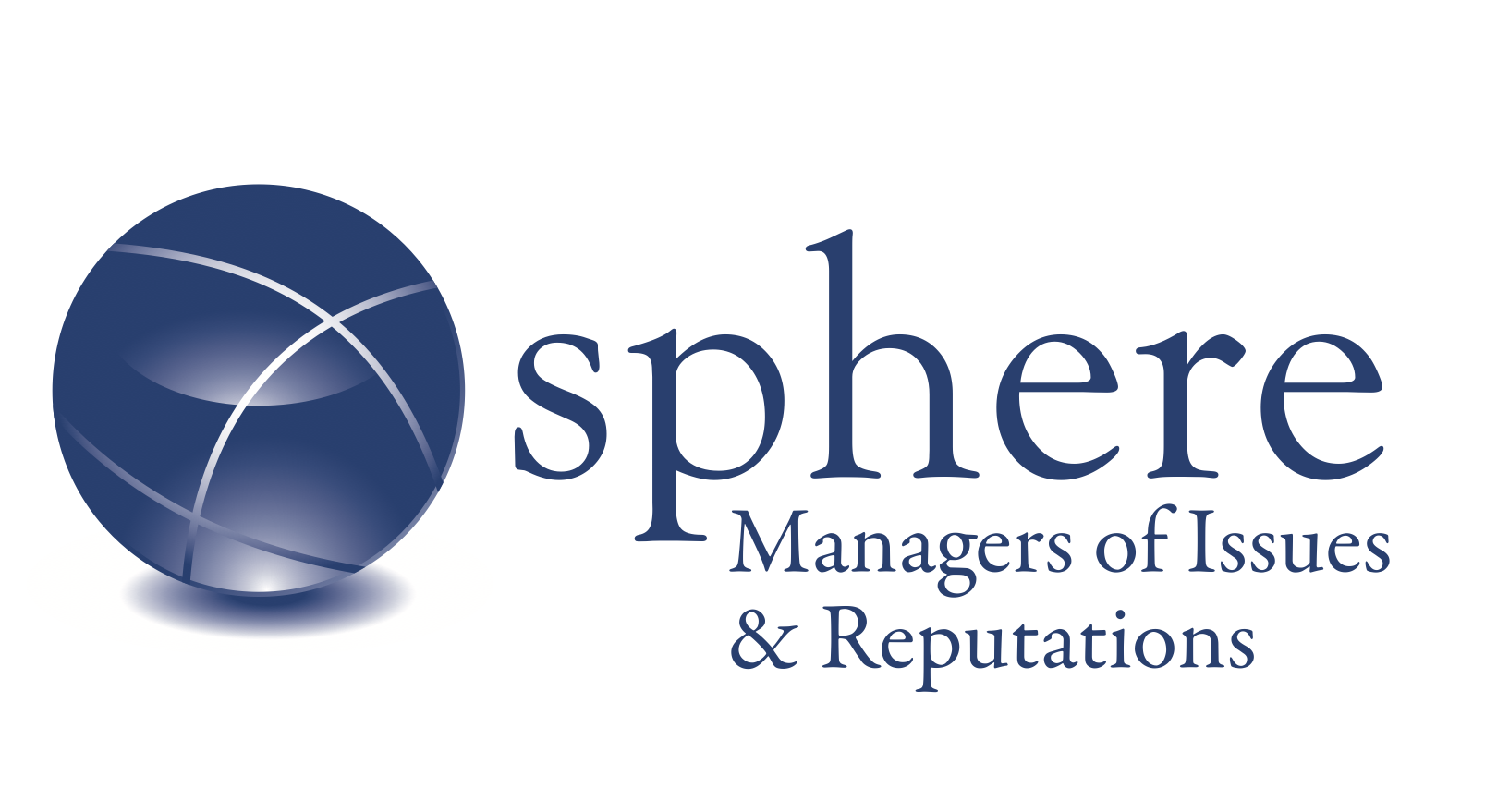03 Oct
2016
One branch of government out, another in, and a third relaxes on the lawn: Sphere’s TenCount for Oct. 3, 2016
- They struck a budget deal, voted to override a presidential veto, and then Congress skedaddled, leaving Washington until after the election. When they return, sometime after Nov. 8, they will have a few familiar items on their plate: reaching a budget deal (the current plan extends through Dec. 9), possibly amending that bill that they voted to override, and approving money to help Flint, Mich. with its water problems.
- As one branch of government leaves for an extended time, another is just settling in: the Supreme Court convenes for its new term on Monday — still with only eight justices. Among the issues on the docket in the first month are a major insider trading case and an unending battle over smartphone patents between Apple and Samsung. Relatedly, on Wednesday, the Heritage Foundation hosts a discussion on the 30th anniversary of Originalism, the theory that the Constitution and laws should be interpreted based on actual text and original public meaning.
- The International Monetary Fund and the World Bank Group conduct their 2016 annual meetings all week. The conclave kicks off Monday with Bank President Jim Yong Kim speaking at the Brookings Institution on the Bank’s mission to end extreme poverty. And on Thursday, Treasury Secretary Jacob J. Lew will discuss the U.S. agenda for the meetings, at the Peterson Institute for International Economics.
- Trade played a big part in the first presidential debate, with Donald Trump blaming NAFTA, approved during the Clinton Administration, for America’s manufacturing woes. On Wednesday the Georgetown Center for Business and Public Policy will conduct a forum titled “Beyond Mere Words: If the Candidates’ Rhetoric on Trade is Implemented, What Happens to the U.S. Economy?”
- One of the companies Trump usually cites as a poster child for jobs leaving this country for Mexico is Ford Motor Company. On Wednesday, William C. Ford Jr., executive chairman of Ford and the great-grandson of Henry Ford, will address that and other issues in remarks to the Economic Club of Washington.
- The American Enterprise Institute takes a long look at housing this week with two events. On Tuesday, the group discusses market-rate approaches for expanding housing supply at its inaugural conference on “Economical, Workforce and Entry-Level Housing.” And on Thursday, it hosts the fifth annual conference on housing risk.
- The Federal Trade Commission has long regulated consumer privacy. Recently, the Federal Communications Commission decided it was responsible for privacy regulations among broadband providers. A federal appeals court in August blew a hole in that regulatory divide, leaving numerous questions about who protects consumers. On Tuesday, the Information Technology & Innovation Foundation will try to sort it all out.
- Universal Basic Income is the idea that the current welfare system should be replaced by a simple cash payment by the government to guarantee a minimum income for every citizen. Two authors who have written books on the subject will gather at the Cato Institute on Tuesday to discuss what they say is “a practical and affordable approach to poverty in a new economy.”
- Whatever it is that Russia is doing in the Middle East, it is drawing increasing attention as diplomacy remains deadlocked and calls escalate for humanitarian intervention in Aleppo. The George Washington University’s Elliott School of International Affairs will host a Middle East Policy Forum discussion on Tuesday on “Russia’s Role in the Middle East.”
- The White House, the silent sentry of Pennsylvania Avenue, opens its doors this week to hipsters and gardeners. On Monday, the first South By South Lawn festival will convene creators, innovators and organizers to discuss how to tackle America’s biggest challenges. And Saturday and Sunday, the White House hosts the Fall Garden Tours, drawing thousands to see the Rose Garden, the South Lawn and environs.
